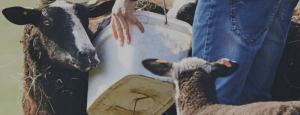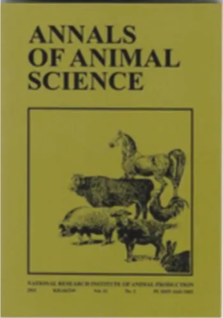Document type: scientific review published in Frontiers in Animal Science
Authors: Felicity Spoors, Mark James, Tania Mendo, J. Chris McKnight, Eva-Maria S. Bønnelycke, Nicola Khan
Preview: Decapods have been recently classified as sentient beings in UK policy and therefore the establishment of humane methods for the live transportation and slaughter of commercially valuable shellfish as well as for decapods used in research is critical. Formerly overlooked, the use of anaesthetics provides a promising avenue for improving welfare standards for husbandry and slaughter for decapod crustaceans destined for human consumption or research. In particular, clove oil and its derivatives (eugenol and isoeugenol) have been trialled and recommended in literature as naturally-derived and effective, reversible anaesthetic compounds for a variety of decapods, including two commercially important British shellfish, brown crab (Cancer pagurus) and Norway lobster (Nephrops norvegicus). Further investigations should be undertaken to confirm the use of such anaesthetics is suitable for improving welfare standards in the British shellfish sector and in research to ensure that when the legislation changes, humane solutions are present.





